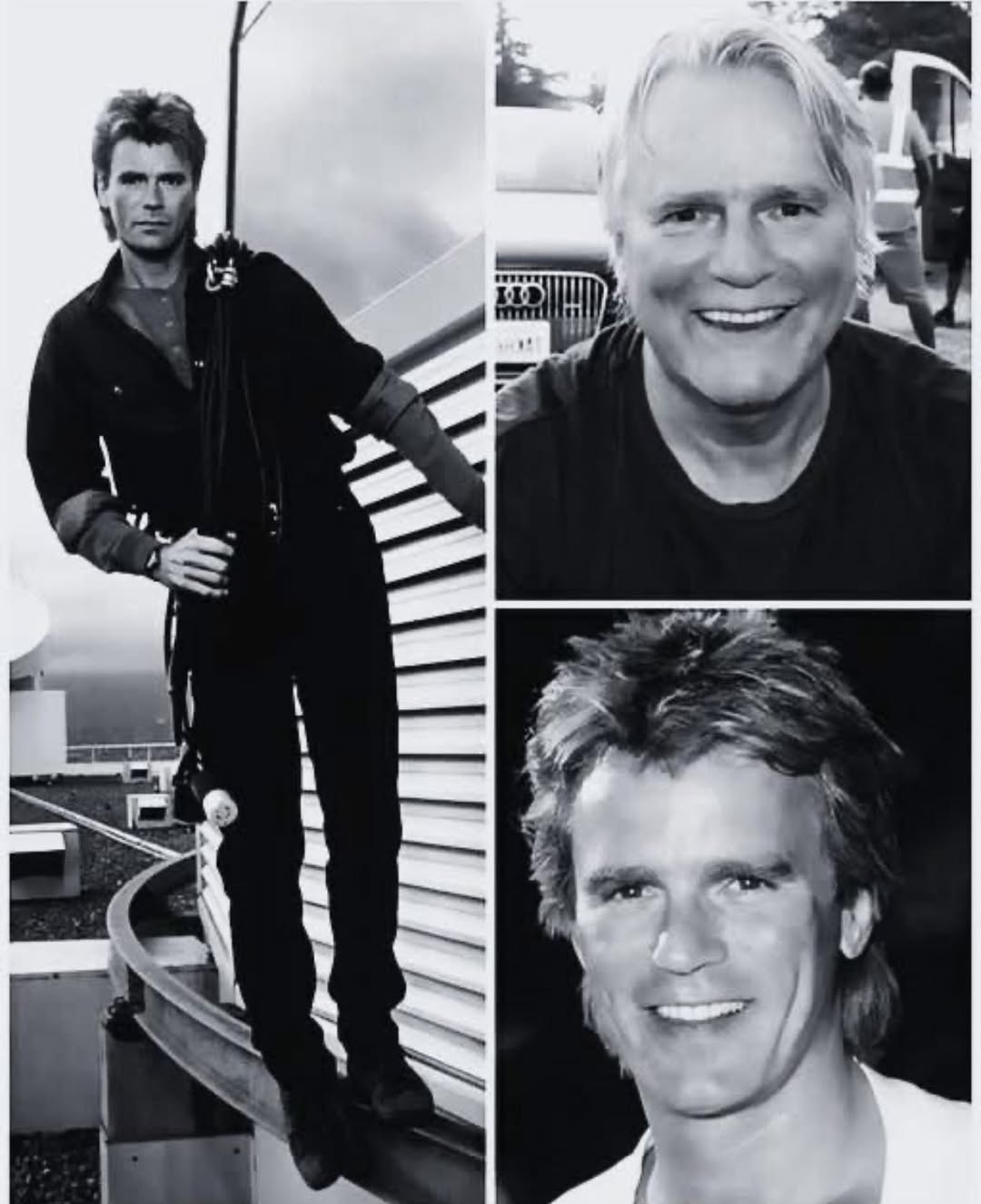In 1985, Richard Dean Anderson sat in a Los Angeles studio office flipping through the script of a new ABC pilot called MacGyver. Fresh off his role as Dr. Jeff Webber on General Hospital, Anderson wasn’t exactly looking for another mainstream television gig. He’d already begun to feel typecast as a soap actor, and the idea of taking on a network lead role filled him with more hesitation than excitement. But something about the script held his attention.
The character of Angus MacGyver—a quiet, resourceful problem-solver who relied on brainpower instead of brute strength—intrigued him. Anderson paused on a scene where MacGyver defuses a bomb using a paperclip and chewing gum. That kind of clever, nonviolent ingenuity sparked his interest.
The show’s producer, Henry Winkler, envisioned an action hero who avoided guns and leaned on science—a radical idea in an era dominated by muscle-bound vigilantes. Anderson later admitted, “I wanted to play someone who solved problems without resorting to violence. That meant something to me.” The show’s commitment to intelligent storytelling appealed to him. MacGyver wasn’t just a character—it aligned with his own values, shaped by a childhood fascination with physics and a deep admiration for real-life explorers and humanitarians.
Born in Minneapolis, Anderson grew up in a home where creativity and language were central—his mother was an art teacher and his father, an English teacher. As a child, he was obsessed with building things—tinkering with his bike, constructing homemade gadgets in the basement. That same spirit of invention would later become MacGyver’s trademark.
Anderson studied drama at St. Cloud State University and later at Ohio University. He had once dreamed of becoming a professional hockey player, but a broken arm forced him to reconsider. That setback, he often said, nudged him toward thinking more creatively—a mindset that meshed perfectly with MacGyver’s approach to problem-solving.
Once production began, Anderson dove in completely. He worked closely with the writers to steer clear of action clichés and insisted the science behind MacGyver’s inventions be grounded in reality. The producers even consulted scientists from Caltech to make sure the mechanics in each episode were plausible. Anderson was adamant that MacGyver wouldn’t just pull out miraculous solutions—there needed to be logic behind every fix.
As the show took off, Anderson found himself thrust into a spotlight that felt more like a pressure cooker. Fan mail poured in by the hundreds each week, much of it from parents grateful that their children were emulating a nonviolent hero. Kids weren’t copying violence—they were using duct tape and Swiss Army knives to build things, to solve problems. Anderson appreciated the influence, but the responsibility weighed heavily. Playing a moral compass week after week came with its own emotional toll.
The show’s demanding seven-day shooting schedule left little time for rest or reflection. Anderson’s friends said he often retreated to his trailer between takes just to breathe and reset. During the second season, he quietly confided to a colleague that playing a character who always had the answers was draining. “Sometimes I wish MacGyver didn’t know what to do,” he said with a half-laugh while filming an episode set in the Arctic.
Still, he remained committed. MacGyver ran for seven seasons and was syndicated around the world, turning Anderson into one of TV’s most recognizable faces. But behind the scenes, the role came at a physical cost. Anderson performed many of his own stunts, leading to a torn knee ligament and chronic back pain. Despite the injuries, he kept going—driven by an internal compass that mirrored MacGyver’s own.
He avoided the Hollywood party scene, preferring hiking to red carpets and volunteering for environmental causes between seasons. The fame was real, but Anderson stayed grounded.
By the time MacGyver ended in 1992, Anderson had done more than build a fan base—he had helped shape a cultural archetype. Though he later took on other roles, including Legend and Stargate SG-1, it was MacGyver that defined him in the public eye. Even after the show ended, schools and youth groups invited him to speak about critical thinking and nonviolence—an outcome he never imagined when he first hesitated over that pilot script.
Every time he saw a fan in a leather jacket pull out a Swiss Army knife keychain, Anderson knew the role had left a mark. MacGyver wasn’t the character he planned on becoming—but he became the one who quietly reshaped how a generation approached problem-solving.
And that, he realized, meant more than ratings ever could.
Credit to the rightful owner~
